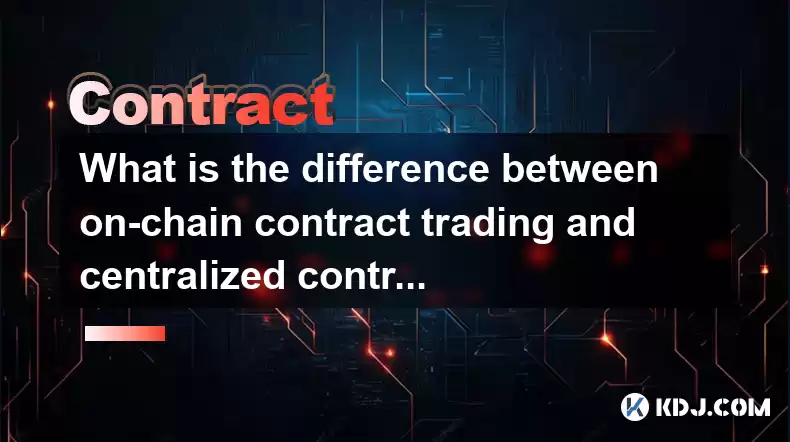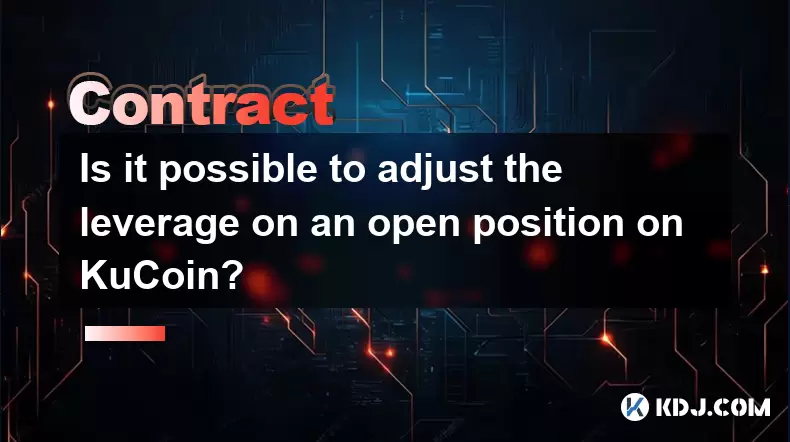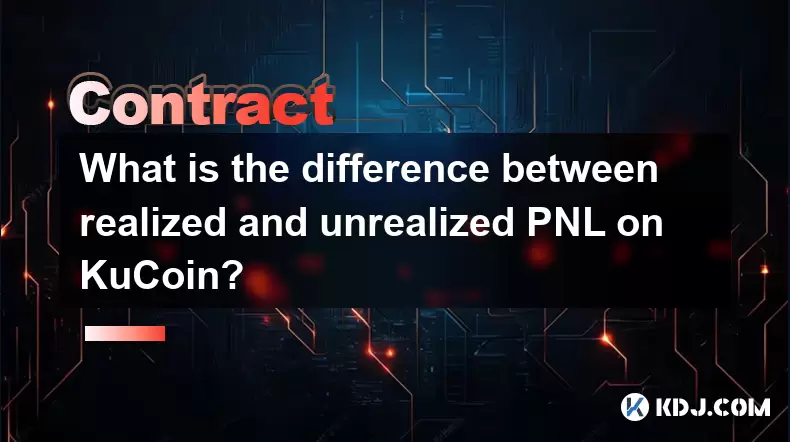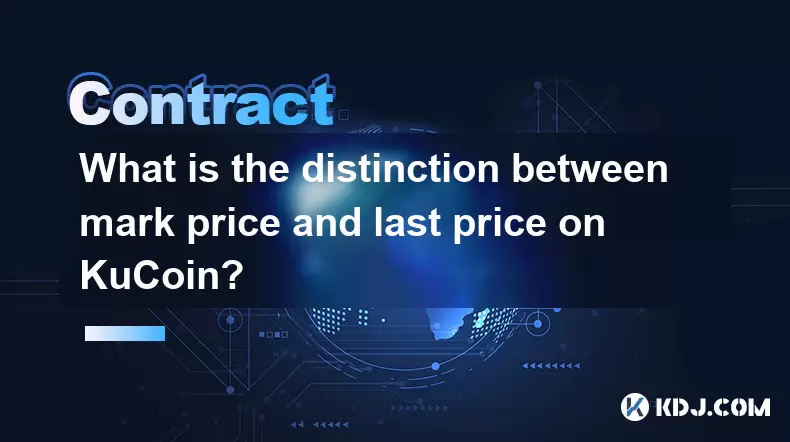-
 Bitcoin
Bitcoin $120100
1.16% -
 Ethereum
Ethereum $4329
2.25% -
 XRP
XRP $3.192
-0.22% -
 Tether USDt
Tether USDt $1.000
-0.01% -
 BNB
BNB $805.2
0.47% -
 Solana
Solana $178.7
-1.85% -
 USDC
USDC $0.9998
0.00% -
 Dogecoin
Dogecoin $0.2305
-1.62% -
 TRON
TRON $0.3445
1.17% -
 Cardano
Cardano $0.7940
-1.28% -
 Hyperliquid
Hyperliquid $44.44
-1.20% -
 Chainlink
Chainlink $21.86
-2.42% -
 Stellar
Stellar $0.4423
-0.15% -
 Sui
Sui $3.728
-3.84% -
 Bitcoin Cash
Bitcoin Cash $584.8
2.19% -
 Hedera
Hedera $0.2524
-2.87% -
 Ethena USDe
Ethena USDe $1.001
-0.02% -
 Avalanche
Avalanche $23.66
-0.78% -
 Litecoin
Litecoin $124.5
0.39% -
 Toncoin
Toncoin $3.399
1.77% -
 UNUS SED LEO
UNUS SED LEO $9.002
-0.44% -
 Shiba Inu
Shiba Inu $0.00001327
-2.10% -
 Uniswap
Uniswap $11.42
2.58% -
 Polkadot
Polkadot $3.957
-2.50% -
 Cronos
Cronos $0.1696
4.50% -
 Dai
Dai $1.000
0.00% -
 Ethena
Ethena $0.8139
3.04% -
 Bitget Token
Bitget Token $4.442
-0.38% -
 Monero
Monero $271.2
2.93% -
 Pepe
Pepe $0.00001168
-2.91%
What is the difference between on-chain contract trading and centralized contract trading?
Traders weighing liquidity, ease of use, and risk tolerance should consider centralized contract trading, while those prioritizing security and transparency with lower fees may opt for decentralized exchanges (DEXes).
Feb 21, 2025 at 07:54 pm

Key Points
- Definition and key characteristics of centralized contract trading
- Definition and key characteristics of DEX contract trading
- Key differences between centralized and DEX contract trading
- Advantages and disadvantages of centralized and DEX contract trading
- How to choose between centralized and DEX contract trading
Centralized Contract Trading
- Definition: In centralized contract trading, orders are matched and executed on a centralized platform, often operated by an exchange or brokerage.
Key Characteristics:
- Trades are executed against the exchange's liquidity pool
- Orders are processed by the exchange's matching engine
- Trades are recorded on the exchange's centralized ledger
- Platform typically offers a wide range of trading pairs and leverage options
Advantages:
- High liquidity and tight spreads
- Easy to use for beginners
- Often regulated and insured
Disadvantages:
- Counterparty risk is present
- Fees can be higher
- Limited control over the trading environment
DEX Contract Trading
- Definition: In decentralized exchange (DEX) contract trading, orders are matched and executed on a decentralized blockchain network, typically through smart contracts.
Key Characteristics:
- Trades are executed on the blockchain, without a central intermediary
- Orders are matched through a decentralized matching engine
- Trades are recorded on the blockchain's distributed ledger
- Platform typically offers a limited number of trading pairs
Advantages:
- No counterparty risk
- Lower fees
- Greater transparency and control
Disadvantages:
- Lower liquidity and wider spreads
- Technical complexity
- Not regulated
Key Differences
- Centralization vs Decentralization: Centralized exchanges control the trading environment, while DEXes facilitate trading without an intermediary.
- Liquidity: Centralized exchanges typically offer higher liquidity, while DEXes can suffer from lower liquidity, especially in less popular trading pairs.
- Fees: Fees on DEXes are generally lower than on centralized exchanges.
- Transparency: Trades on DEXes are transparently recorded on the blockchain, while centralized exchanges maintain their own trading ledgers.
- Control: Traders have more control over the trading environment on DEXes, which are often governed by DAO mechanisms.
Advantages and Disadvantages
Centralized Contract Trading
Advantages:
- Higher liquidity and tighter spreads
- User-friendly and regulated
- Wider range of trading options
Disadvantages:
- Counterparty risk
- Higher fees
- Less control
DEX Contract Trading
Advantages:
- No counterparty risk
- Lower fees
- Greater transparency
Disadvantages:
- Lower liquidity and wider spreads
- Technical complexity
- Limited trading options
Choosing Between Centralized and DEX Contract Trading
The choice between centralized and DEX contract trading depends on individual preferences and trading needs.
- For traders who prioritize liquidity and ease of use: Centralized exchanges offer superior liquidity and user interfaces that are suitable for both experienced and beginner traders.
- For traders who prioritize security and transparency: DEXes eliminate counterparty risk and provide greater transparency through on-chain trade execution.
- For traders who value low fees: DEXes offer lower fees compared to centralized exchanges.
FAQs
Q: Which is safer, centralized or DEX contract trading?
- A: DEX contract trading eliminates counterparty risk, making it safer in this aspect. Centralized exchanges may offer insurance or protection mechanisms, but they are still vulnerable to exchange hacks or mismanagement.
Q: Which is better for beginners, centralized or DEX contract trading?
- A: Centralized exchanges offer a more user-friendly experience and a wide range of support resources, making them a better choice for beginners. DEXes require more technical expertise and can be more complex to navigate.
Q: Can I trade the same contracts on centralized and DEX exchanges?
- A: No, the contracts traded on centralized exchanges and DEXes are typically different. DEXes offer on-chain contracts that track the underlying asset on the blockchain, while centralized exchanges may offer synthetic contracts.
Q: Will DEX contract trading eventually replace centralized contract trading?
- A: It is unlikely that DEX contract trading will completely replace centralized contract trading. Centralized exchanges offer advantages that DEXes may not be able to match, such as high liquidity and user-friendly interfaces. However, DEXes have the potential to gain market share by addressing pain points such as counterparty risk and high fees.
Disclaimer:info@kdj.com
The information provided is not trading advice. kdj.com does not assume any responsibility for any investments made based on the information provided in this article. Cryptocurrencies are highly volatile and it is highly recommended that you invest with caution after thorough research!
If you believe that the content used on this website infringes your copyright, please contact us immediately (info@kdj.com) and we will delete it promptly.
- Bitcoin, Solana, MAGACOIN FINANCE: Navigating the 2025 Crypto Landscape
- 2025-08-12 00:30:13
- Cardano, ADA Holders, and Layer Brett: A Meme Coin with Real Utility?
- 2025-08-12 00:50:12
- Bitcoin, Michael Saylor, and Savvy Investors: A New Era of Digital Assets
- 2025-08-12 00:30:13
- Crypto Presales in 2025: Spotting the Next Big Thing with Analyst Insights
- 2025-08-12 00:50:12
- Cloud Mining in 2025: Bitcoin, Litecoin, and the Quest for Passive Income
- 2025-08-12 00:55:32
- Token Security, Agentic AI, Cybersecurity Guide: Navigating the New Frontier
- 2025-08-11 23:00:12
Related knowledge

Is it possible to adjust the leverage on an open position on KuCoin?
Aug 09,2025 at 08:21pm
Understanding Leverage in KuCoin Futures TradingLeverage in KuCoin Futures allows traders to amplify their exposure to price movements by borrowing fu...

What cryptocurrencies are supported as collateral on KuCoin Futures?
Aug 11,2025 at 04:21am
Overview of KuCoin Futures and Collateral MechanismKuCoin Futures is a derivatives trading platform that allows users to trade perpetual and delivery ...

What is the difference between realized and unrealized PNL on KuCoin?
Aug 09,2025 at 01:49am
Understanding Realized and Unrealized PNL on KuCoinWhen trading on KuCoin, especially in futures and perpetual contracts, understanding the distinctio...

How does KuCoin Futures compare against Binance Futures in terms of features?
Aug 09,2025 at 03:22am
Trading Interface and User ExperienceThe trading interface is a critical component when comparing KuCoin Futures and Binance Futures, as it directly i...

How do funding fees on KuCoin Futures affect my overall profit?
Aug 09,2025 at 08:22am
Understanding Funding Fees on KuCoin FuturesFunding fees on KuCoin Futures are periodic payments exchanged between long and short position holders to ...

What is the distinction between mark price and last price on KuCoin?
Aug 08,2025 at 01:58pm
Understanding the Basics of Price in Cryptocurrency TradingIn cryptocurrency exchanges like KuCoin, two key price indicators frequently appear on trad...

Is it possible to adjust the leverage on an open position on KuCoin?
Aug 09,2025 at 08:21pm
Understanding Leverage in KuCoin Futures TradingLeverage in KuCoin Futures allows traders to amplify their exposure to price movements by borrowing fu...

What cryptocurrencies are supported as collateral on KuCoin Futures?
Aug 11,2025 at 04:21am
Overview of KuCoin Futures and Collateral MechanismKuCoin Futures is a derivatives trading platform that allows users to trade perpetual and delivery ...

What is the difference between realized and unrealized PNL on KuCoin?
Aug 09,2025 at 01:49am
Understanding Realized and Unrealized PNL on KuCoinWhen trading on KuCoin, especially in futures and perpetual contracts, understanding the distinctio...

How does KuCoin Futures compare against Binance Futures in terms of features?
Aug 09,2025 at 03:22am
Trading Interface and User ExperienceThe trading interface is a critical component when comparing KuCoin Futures and Binance Futures, as it directly i...

How do funding fees on KuCoin Futures affect my overall profit?
Aug 09,2025 at 08:22am
Understanding Funding Fees on KuCoin FuturesFunding fees on KuCoin Futures are periodic payments exchanged between long and short position holders to ...

What is the distinction between mark price and last price on KuCoin?
Aug 08,2025 at 01:58pm
Understanding the Basics of Price in Cryptocurrency TradingIn cryptocurrency exchanges like KuCoin, two key price indicators frequently appear on trad...
See all articles

























































































